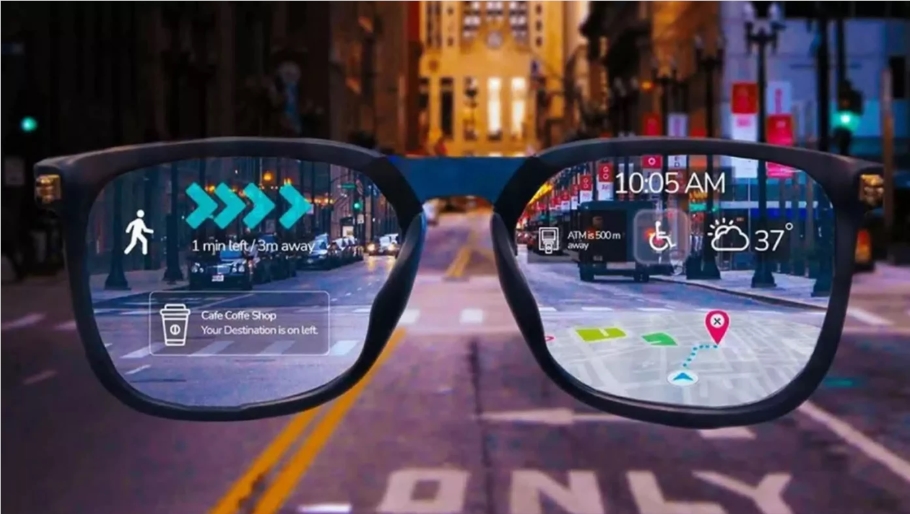In the midst of the AI wearable device market's winter, the smart glasses jointly launched by Meta and Ray-Ban have unexpectedly emerged as a dark horse. The success of this product not only brings a glimmer of hope to the AI hardware industry but also provides new insights into the future direction of wearable devices.
Over the past year, the AI wearable device market has experienced a journey from frenzy to disappointment. Products like the highly anticipated Humane AI Pin and Rabbit R1 failed to live up to their promises, reminiscent of the hype cycle a decade ago with smart glasses and augmented reality headsets. From Google Glass to Magic Leap, Focals By North, Microsoft HoloLens, Apple Vision Pro, and Snapchat Spectacles, none of these products have truly transformed the market landscape.

Image from theverge
However, the Ray-Ban Meta smart glasses have stood out in this bleak landscape. The key to their success lies in not making AI the sole selling point but cleverly integrating it as an additional feature. Despite the mediocre performance of its predecessor, Ray-Ban Stories, this new product has successfully broken the mold.
The Meta smart glasses excel in design and user experience. They offer a variety of styles and colors to meet different aesthetic needs of consumers. The affordable price of $299 also makes them more competitive than Vision Pro and Humane Pin. Although the AI functions occasionally have flaws, the overall performance is satisfactory. Users can use them to identify objects, query landmark information, generate Instagram captions, and even translate menus. During video calls, they allow the other party to see what the user sees, making these functions quite practical in daily use.
Nonetheless, Meta still faces the challenge of improving AI quality. The current AI functions are more like interesting gadgets, and to evolve from "occasionally useful" to "indispensable," further optimization and innovation are needed.
However, Meta has laid the foundation for future development. It has extended its partnership with EssilorLuxottica, ensuring continuous hardware iteration. The upcoming Meta Connect event will be an excellent opportunity to showcase the latest achievements. If Meta can achieve a breakthrough at this event, it will not only consolidate its position in the AI hardware field but also inject new vitality into the entire industry.
The success of Meta smart glasses provides important insights for the AI wearable device market: product design should focus on practicality and fashion, AI functions need to seamlessly integrate with daily life, and a reasonable pricing strategy should be maintained. In the future, if Meta can continuously optimize AI functions and maintain product appeal, it may occupy a more important position in this challenging market and even lead the development direction of the entire industry.










